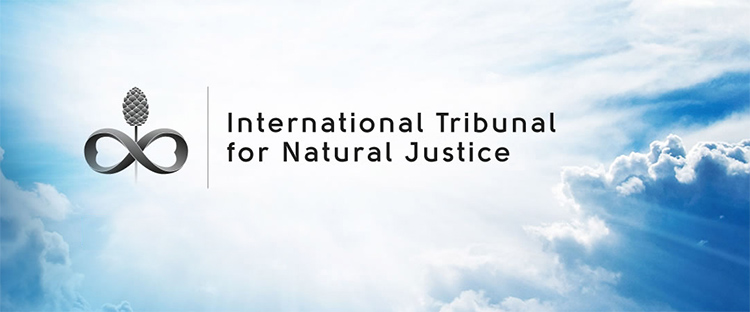What Is Natural Justice?
Tenets of Natural Law
Two of the most basic tenets of Natural Law are:
1. That it is unlawful to harm others; and
2. That it is lawful to prevent deliberate harm from occurring or continuing if one has reasonable ability to do so.
For more information about natural law, sovereignty, and self-governance please visit the NewEarth University’s School of Natural Law.
What Constitutes Harm?
While there are myriads of ways one can harm another, all forms of harm fall into one of these five categories of transgressions as explained by renowned natural law advocate, Mark Passio from one of his in-depth Seminars:
- Murder / Attempted Murder (Assault)
- Rape
- Theft
- Trespass
- Coercion
Lying and fraud fall into the category of theft – theft of the Truth that someone needs to understand in order to make accurate and informed decisions. Mark Passio’s Natural Law Seminars are an excellent introduction to foundational concepts. The Committee to Support the ITNJ is most grateful to Mark for sharing his many resources throughout the years, openly availed to all. Full Seminar (And, in 3 parts): Part 1 Part 2 Part 3 In 74 bite-sized clips
What are the Rules of Natural Justice?
Source: Justice4You.org
- The principles of natural justice concern procedural fairness and ensure a fair decision is reached by an objective decision maker.
- Maintaining procedural fairness protects the rights of individuals and enhances public confidence in the process.
- A word used to refer to situations where audi alteram partem (the right to be heard) and nemo judex in parte sua (no person may judge their own case) apply.
- The principles of natural justice were derived from the Romans who believed that some legal principles were “natural” or self-evident and did not require a statutory basis.
- These two basic legal safeguards govern all decisions by judges or government officials when they take quasi-judicial or judicial decisions.
- Three common law rules are referred to in relation to natural justice or procedural fairness.
The Hearing Rule
- This rule requires that a person must be allowed an adequate opportunity to present their case where certain interests and rights may be adversely affected by a decision-maker.
- To ensure that these rights are respected, the deciding authority must give both the opportunity to prepare and present evidence and to respond to arguments presenting by the opposite side.
- When conducting an investigation in relation to a complaint it is important that the person being complained against is advised of the allegations in as much detail as possible and given the opportunity to reply to the allegations.
The Bias Rule
- This second rule states that no one ought to be judge in his or her case. This is the requirement that the deciding authority must be unbiased when according the hearing or making the decision.
- Additionally, investigators and decision-makers must act without bias in all procedures connected with the making of a decision.
- A decision-maker must be impartial and must make a decision based on a balanced and considered assessment of the information and evidence before him or her without favoring one party over another.
- Even where no actual bias exists, investigators and decision-makers should be careful to avoid the appearance of bias. Investigators should ensure that there is no conflict of interest which would make it inappropriate for them to conduct the investigation.
The Evidence Rule
- The third rule is that an administrative decision must be based upon logical proof or evidence material.
- Investigators and decision makers should not base their decisions on mere speculation or suspicion.
- Rather, an investigator or decision maker should be able to clearly point to the evidence on which the inference or determination is based.
- Evidence (arguments, allegations, documents, photos, etc..) presented by one party must be disclosed to the other party, who may then subject it to scrutiny.







